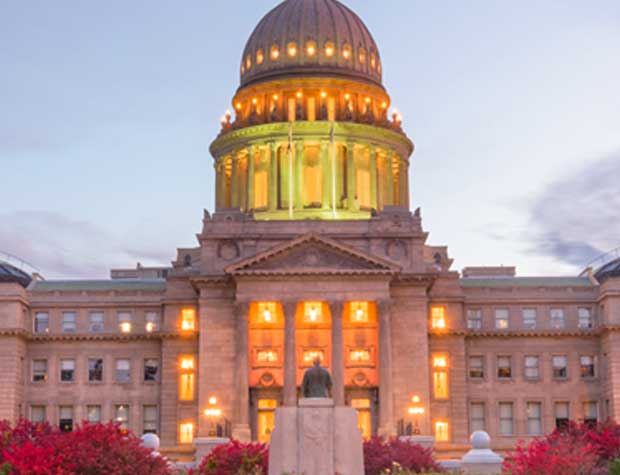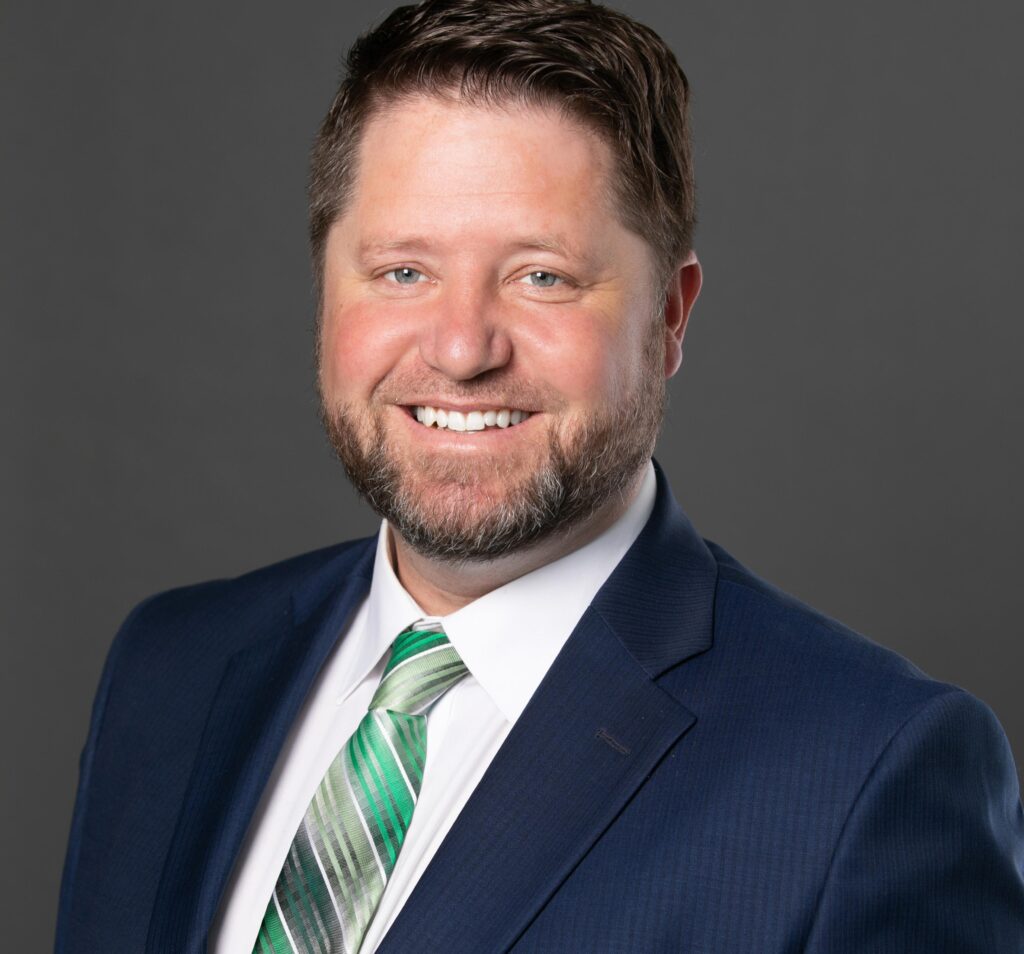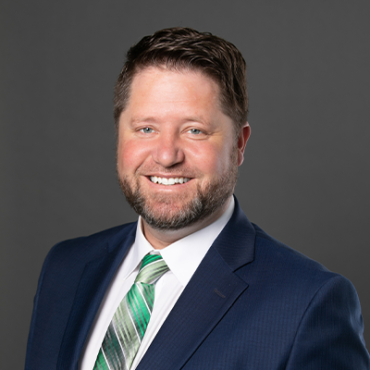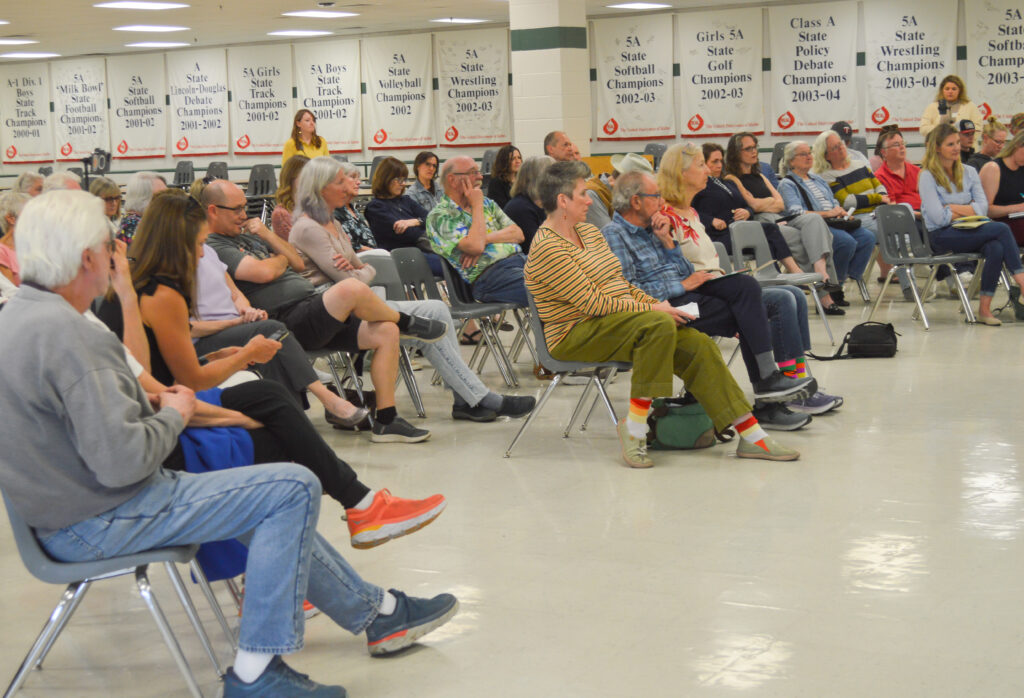The First Regular Session of the Sixty-Eighth Idaho Legislature looms just beyond the holiday break, officially kicking off with Governor Brad Little’s State of the State address on Jan. 6.
So, what should Idaho Education Association members expect? Unfortunately, more of the same, according to IEA’s lobbying team. IEA members have already moved mountains to combat anti-payroll deduction legislation, but even more interference in unions and public education is around the corner.
“This is going to be a tough legislative session,” says IEA Executive Director Paul Stark. “We’ve been very upfront about the consequences of losing key advocates during the May primaries. But forewarned is forearmed, and we are ready to face any challenge anti-public education and anti-union forces throw our way.”
Private School Vouchers
Thanks to the successful efforts of thousands of members and IEA’s lobbying team, Idaho remains one of the ever-dwindling number of states without a voucher program. Vouchers use taxpayer money to fund private and religious school tuition in the form of tuition tax credits, educational savings accounts, or tax-credit scholarships.
Right now, anti-public school forces are coalescing in Idaho to push this issue — and proponents are reframing their arguments for funding the tuition of students whose parents can already pay for private schooling. Rep. Wendy Horman, a Republican legislator from Idaho Falls, recently called school vouchers “the civil rights issue of our time.”
“There are more school choice lobbyists in the state, and more out-of-state money flowing through Idaho on this issue, than we have ever seen before,” says IEA Associate Executive Director Matt Compton.
There are already eight pre-drafted pieces of legislation, Compton says, ranging from simple tax credits to an Arizona-style, all-encompassing voucher bill. The Senate and House education committees will likely entertain some of the more extreme voucher bills, Compton says. But members should pay attention to the Revenue and Tax Committee, which may be where a voucher bill finds success in the form of a tax credit.
“We’re ready to fight private school vouchers no matter where they emerge,” says IEA Political Director Chris Parri. “But the more member voices and presence we can add to counteract the drumbeat toward vouchers, the better positioned we will be.”
Instead of vouchers, both Parri and Compton said the focus should be on the issues actually affecting educators in classrooms, such as student behavior and mental health. IEA’s lobbying team will work with legislators to spotlight real issues that students and educators throughout the state deal with daily.
What to watch: The “free-market” think tank Mountain States Policy Center has announced a press conference on Jan. 6 where they will host a 9-11 a.m. forum followed by a “major legislative announcement and press conference.” The announcement will likely center on voucher legislation that will be introduced during the session.
The special guest at the event will be former Gov. Doug Ducey of Arizona, who was governor when the state instituted its disastrous private school voucher program. The program has drawn cacophonies of praise from supporters while simultaneously ratcheting up Arizona’s budget deficit to an eye-watering $1.4 billion. Already prone to fraud, the unrestricted voucher program is now handling its backlog by doling out money with no immediate vetting. Requests have included items such as $110,000 for 50 children – 43 of whom did not exist – and $40,000 for a solar-powered air conditioner and a ham radio.
Look for the voucher debate to heat up in February. IEA Reporter will keep a close eye on this issue during the legislative session and will post regular updates.
Union Busting
As a right-to-work state, Idaho has long been a target for anti-union action. But if the 2024 legislative session is any indication, IEA — as well as its sister unions around the state — faces the real possibility of revived union-busting bills.
IEA members have already stepped up in droves to enroll in AutoPay, the union’s effort to dull the effects of any potential anti-payroll deduction legislation. That will help insulate IEA from efforts to end payroll deduction during the 2025 session. However, other bills targeting unions, such as those to end collective bargaining, are anticipated by IEA and other unions.
“Thankfully, other unions also see the threat in this,” Parri says. “Anti-union politicians are threatened by unions’ political power, and for good reason — we’ll fight any anti-union efforts with everything we’ve got.”
What to watch: Collective bargaining and payroll deduction are the big-ticket items for anti-union lawmakers, but also watch out for the chipping away of traditional norms such as allowing union activities on campuses. Anti-union efforts will require an all-hands-on-deck approach from members, so pay attention to any urgent calls to action from IEA.
Dumbing Down Social Science Standards
Expect Idaho’s social science curriculum to be a target of the culture wars. IEA anticipates that legislators will try to prevent educators from teaching about key, if difficult, parts of Idaho history. This includes the Minidoka Concentration Camp, where more than 13,000 Japanese-Americans were forcibly interned during World War II, and the history and contributions of the state’s indigenous population.
Such an effort would line up with revisions to social science standards in other parts of the country. For example, Florida’s new standards emphasize the “benefits” of slavery; Gov. Glenn Youngkin has supported a rewrite of Virginia’s history and social science standards to more closely align with the guidelines set forth by the Donald Trump-backed 1776 Commission.
What to watch: The Idaho State Department of Education’s PragerU rollout has already encountered pushback from Idaho’s indigenous tribes. Undoubtedly, indigenous peoples, the survivors of the Minidoka camp and their descendants will testify before legislative committees. If you are a social science teacher, or if you have an interest in testifying about any of the matters that affect education in this state, you can sign up to be on IEA’s testimonial list by emailing IEA Statewide Organizer Brent Nichols.




